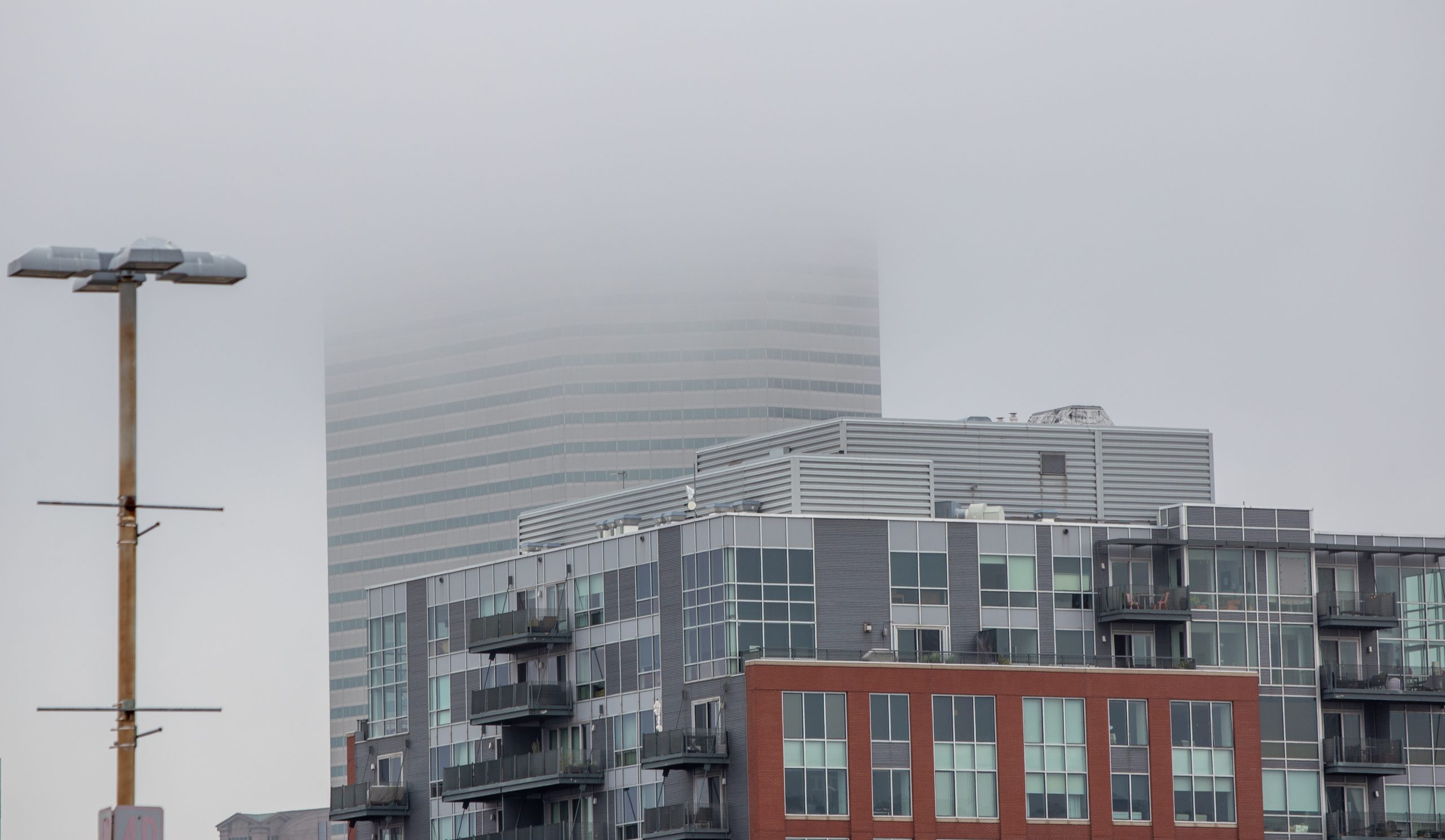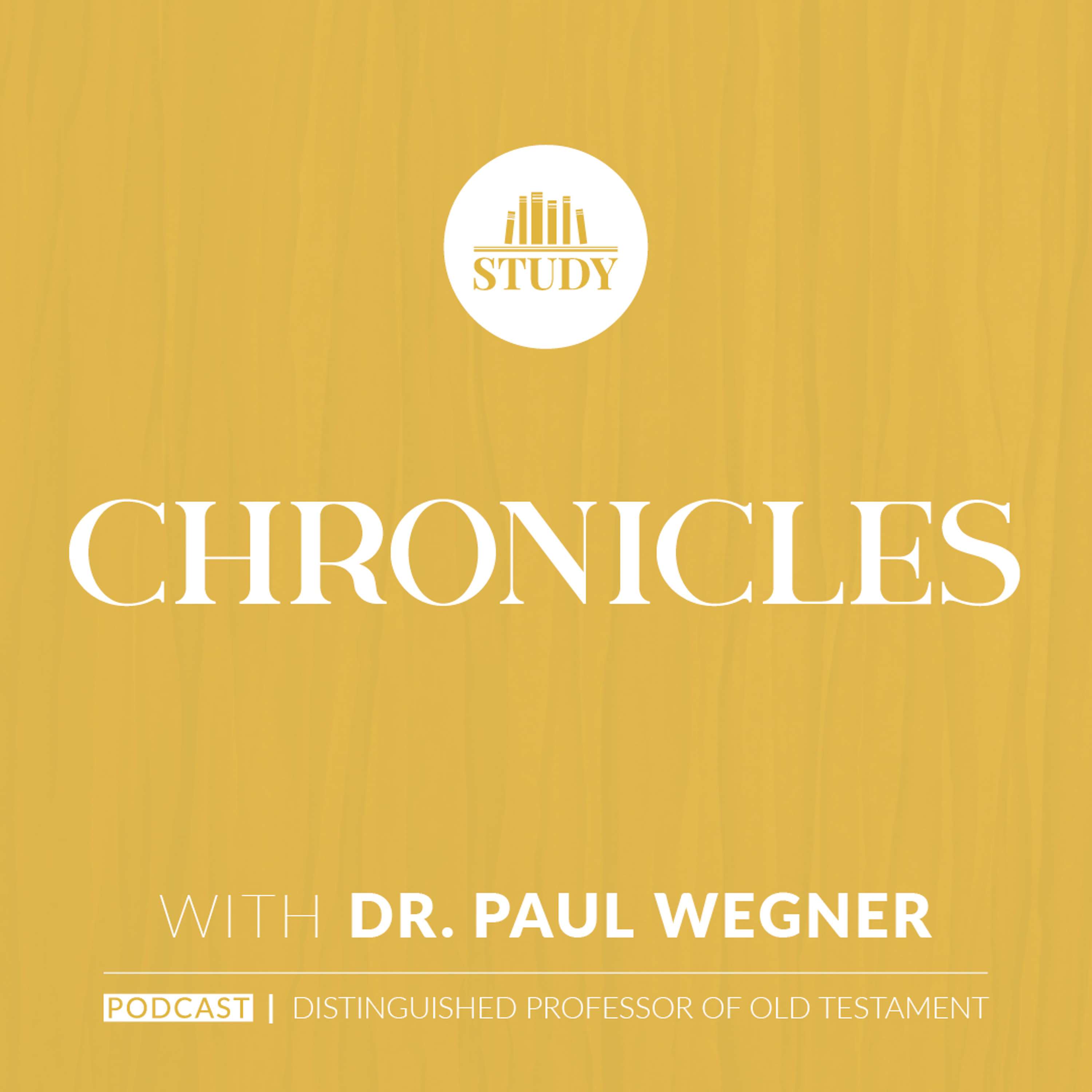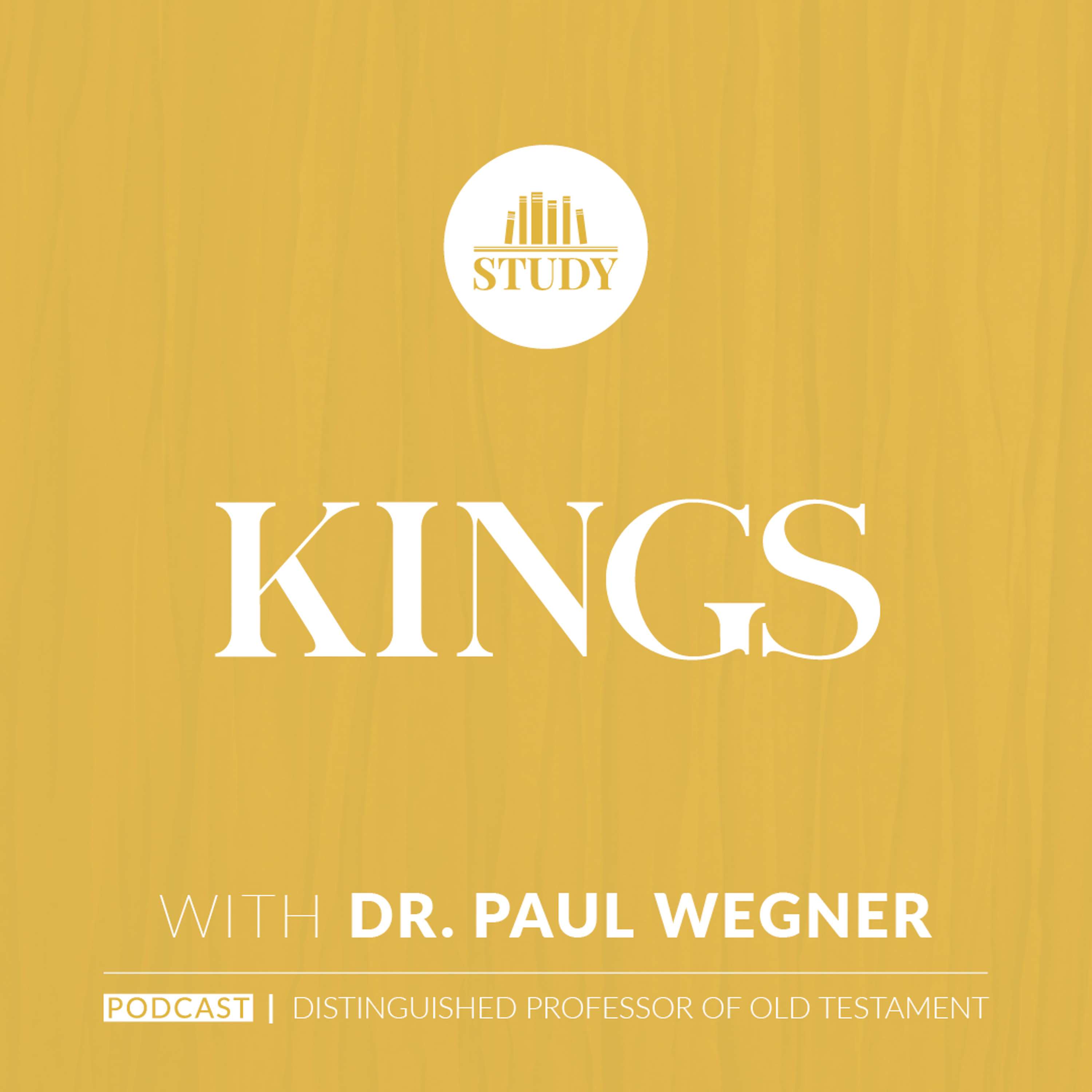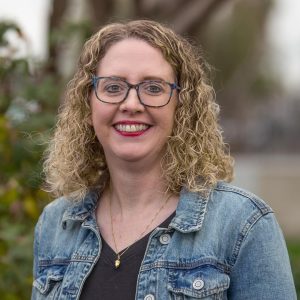One of the interesting aspects of living out my ministry calling on the West coast has been dealing with the negative impressions some have of pastors who work in this context. For example, when I first moved west, one person told me, “The only pastors who move to the West are those who can’t get a good church in the South.” Another person asked me, “Why would you take your family into such a secular place?” And my favorite, “Why do you need to go ‘up north’ and make Christians out of them Yankees when we need good preachers down here?”
These comments used to make me angry. Now, they are either amusing or exasperating—depending on my spiritual temperature that day! And, thankfully, as Southern Baptists have developed a more national identity, the frequency of these comments has declined. May that trend continue.
Working with pastors in the West for more than 30 years has given me a more positive perspective on their identity. First, pastors are in the West because they really believe God called them here. They are not interested in getting a “good church in the South” or anywhere else. They are in the West because they want to be. Second, they accept secularism and lack of a Christian subculture as facts, not as threats. They are not afraid to raise their families here, knowing their responsibility to nurture a healthy family is not determined by the difficulty of external circumstances. Finally, they are passionate about reaching people in what most Southern Baptists consider a missional context. They are not afraid to take on the missionary aspect of pastoral ministry in the West.
There is also some insider knowledge, often shared quietly among Western pastors, about why we enjoy living and ministering in the West. We enjoy the frankness and openness of the people. Most are not Christians, and there is no cultural Christianity clouding the waters of defining true commitment. As my oldest son told me once, “In Oregon, you’re either a Christian or you’re not. No reason to fake it.” In some ways, evangelism is easier in the West.
We also enjoy the greater freedom to develop creative ministry approaches and try new methods to reach people. While “we have always done it this way” is sometimes heard in the West, it is not voiced as stridently as in other places. We also enjoy the greater unity we have with other pastors. Pastors in the West know they need each other—both within and across denominational lines. We are less eager to argue and divide over secondary and tertiary issues. Because we know we need each other, we find a way to get along.
Pastoral ministry in the West has its challenges—fewer well-trained leaders, less financial resources, more limited church facilities, less cultural support for churches, and greater distances to travel for meetings. But the positives make taking on these challenges worth the effort.
As Southern Baptists come to Anaheim this summer, many will meet Western pastors (who will be attending their first and perhaps only annual meeting). As you meet these remarkable men, my hope is your image of western pastors will be changed in positive ways. You will discover good men, sacrificing much and working hard, but content they are in God’s will and serving in the best place on earth. May God call more men to pastoral ministry in the West!
Read More

Seeing the Unseen
CSBC Women’s Ministry Director Cathie Smith shares how the church can serve the marginalized in its community.

Excerpt — The Complete Works of Andrew Fuller Volume 10: Apologetic Works
In Dr. Chris Chun’s newest publication, he provides commentary for The Complete Works of Andrew Fuller Volume 10: Apologetic Works.
Listen
Historical Books | 1 & 2 Chronicles
What is the purpose of 1st and 2nd Chronicles if a huge part of the content is just repeated from 1st and 2nd Kings? Chronicles has more of an emphasis on David as the ideal king. In this episode, Dr. Wegner takes a look at the historical context and literary content

Historical Books | Kings Part 4
Tyler and Dr. Wegner finish up the books of Kings and the downward spiral of Kings in Israel and Judah that lead to the exile of all the people.

Watch

Jonathan Edwards and the Asbury Revival
Chris Chun and Chris Woznicki discuss the signs of true revival, signs of the work of the Holy Spirit, and why it is important to critically assess the characteristics of revival in a spirit of charity.

Jonathan Edwards and the Baptists | Douglas Sweeney, Nathan Finn and Chris Chun
Dr. Douglas Sweeney and Dr. Nathan Finn joined Dr. Chris Chun for a panel discussion on Jonathan Edwards, recorded live at the SBC Annual Meeting in Anaheim.



